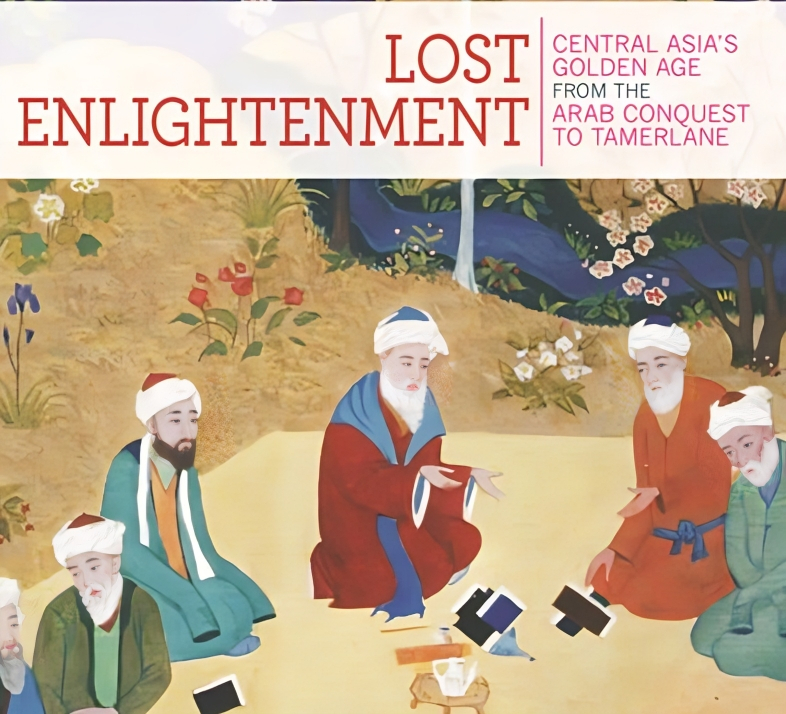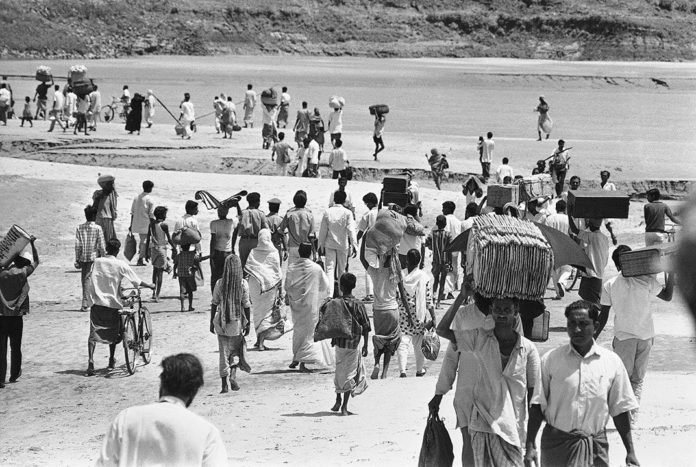While Pakistan desperately needs to progress, religious and ethnic nationalism divides the country and hampers development. The country broke up in 1971 because of ill-conceived nationalism where ethnicity-related prejudices pitched both parts of the country against each other and broke up the unity of Pakistan in the end. One needs to reflect more on the kind of nationalism that would be helpful to make Pakistan a nation.
Our government, political system, education and media have upheld the idea that Pakistan needs to be united by a single national language – Urdu – and Islam as a shared religion –not realizing that such a demand instead of uniting could again end up dividing the country. People are reluctant to give up their mother tongue which provides them access to their cultural heritage that includes fairy tales, poetry, local history, etc. The Bengali language movement was the major reason for the break-up of Pakistan, one of the reasons for creating war and secession in Europe is the prohibiting ethnic Russian citizens from speaking Russian in Ukraine.
Islam was necessary for our grandparents to fight against colonial domination by the British and for a separate Muslim homeland because the aggressive anti-Muslim Hindu majority would have made Muslim lives miserable. Brutally visible in India over decades, now openly blatant under Modi’s BJP with Muslims considered second-rate citizens; Bangladeshi immigrants in Assam, for instance, are called “vermin”.
Our approach to nationalism in Pakistan must be multi-pronged to evoke patriotism, very different since our territory has different tribes, ethnicities and religious groupings over the centuries. While the creation of Pakistan was closely and very correctly the need for Indian Muslims to come out from under political Hindu rule and economic domination, this must be kept in mind. Non-Muslims inhabiting Pakistan have families with their roots here. Not only their identities have a right to be kept; these identities should be cherished as “unity in diversity”. Unity does not need uniformity in order to be lived!
Islam teaches that non-Muslims need to be integrated into society, free to profess their religion and go to their places of worship which have to be protected. Highlighting this aspect of Islam and practicing it would not alienate non-Muslims in Pakistan. The same is true for languages and cultures. Why only one national language? Canada has English and French, Switzerland has German, French and Italian as official languages!

Nationalism as an ideology that was developed in 18th and 19th century Europe and spread from there to the colonies. The preconditions for such nationalism, especially secularization (meaning the elimination of religion and religious symbols from public domain) is not present neither in Pakistan nor in most other former colonies. Even in Europe neither religion nor ethnicity have been done away with fully. Outside Europe religion has continued to play a central role in the thinking and the daily lives of people. That is why in order to adjust the British idea, religion had to be incorporated. Therefore Indian Muslims while using nationalism to fight against British rule felt the necessity to keep Islam as a central element of their understanding of nation and national state. In our globalized world Islam has a strong global tendency. God created not only Muslims but all humanity and His realm is for the whole world or even the universe (alameen) this fact makes it easy for Pakistan and Muslim countries to adjust in this globalizing world.
With the globalizing aspect growing stronger, the natural option would be to add patriotism, the feeling of love, devotion, and sense of attachment to one’s the region or the territory where one hails from should be our nation-building formula. Even when expelled from your home country or you leave the family, for economic or other reasons to go to the next city the love for the place where you were born never dies. While nationalism is rather defined by a nation state and its national borders, patriotism relates to the religion in which you were born, including region or locality, the village or home town, it relates to the family, the neighbours with whom you grew up and to the friends you made patriotism. Histories of small cities in Central Asia were penned in verse by poets till the Arab conquest but as Dr. Frederic Starr’s (clearly the foremost authority on Central Asia) outstanding work “The lost Enlightenment” stated, to quote “there was no effort to do afterwards unless they were paid. Theirs was all about “bell-tower patriotism” that treasured the local and the specific, this urban nationalism involved a blend of intense location with thoroughness cosmopolitanism” Unquote. It mostly excludes ethnic markers that may or may not have played a role. It is easier to reach the “unity in diversity” in ideal communities with patriotism than with nationalism, it makes cooperation easier. We are far too heterogeneous to ever become the kind of nation which Europeans have in mind. With so much manual work in our economy it is not capitalistic and industrialized enough to become melting pot of identities which the USA is, but which Islam was at its onset 15 centuries ago and still tries to be, a global Muslim Ummah.
Defining our own Pakistani patriotism, it must be one which seeks the happiness of the poorest of the poor as the index of our countrywide development, that is essential Islamic belief to care for our fellow human beings. This patriotism must see the freedom of the smallest of the minorities as the index of our social development. It must be a patriotism which comes into action every day, through the conscience of our citizens that shuns things like lying to customers, exploiting labourers, cheating on taxes, paying bribes, adding sand to cement, oppressing the poor, paying obeisance to the powerful, all these daily acts of betrayal of the people as treason. School education, misplaced loyalties to individuals rather than the institution and a media running amok spreading falsehood as a means of their livelihood are special areas for concern. The new community can only be constructed, with most young people cross the boundaries of religion and caste to come together. For that community Religion and ethnicity are clear markers, not divisive elements. The common values in Islam which considers Christians and Jews as people of the Book acts as uniting and not as divisive elements in society. We must rethink our life experience to try and create a land where nationalism must militate against the traitor, he (or she), who kills a person in the name of God and where the patriot is he or she who risks his or her life to protect an unknown stranger.




